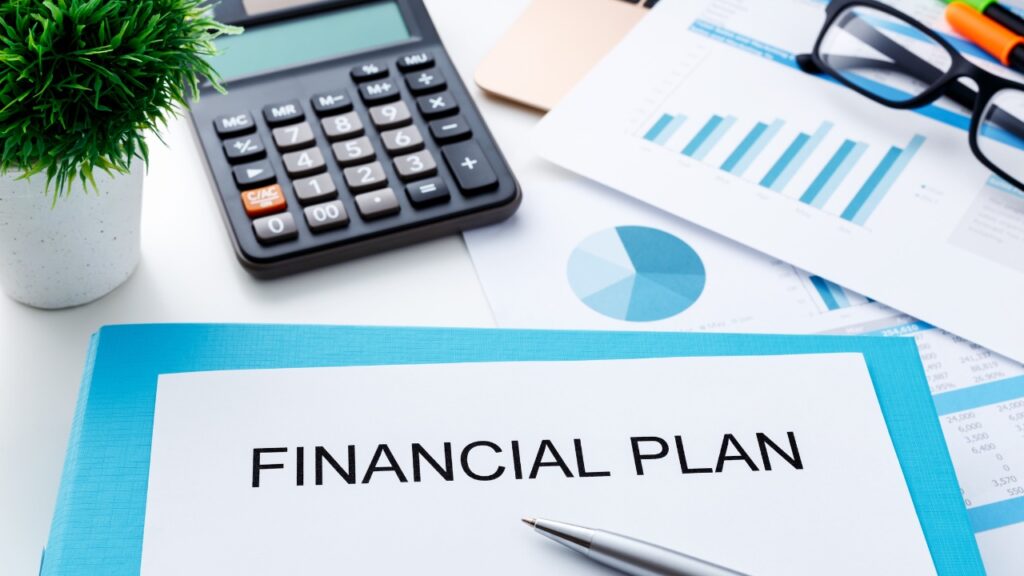Are you prepping to buy your first home? If so, one of the steps you should take early on is making sure you’re financially ready for your purchase. Here are just a few of the financial fundamentals you’ll need to focus on as you set out to buy your home.
Build Your Credit
Your credit is one element that helps determine which home loan you’ll qualify for. It also impacts your mortgage interest rate. While there are many factors that go into your mortgage application, a higher credit score could lead to a lower monthly payment in the long run.
So how do you make sure your credit is in the best shape possible when it’s time to buy? A recent article from NerdWallet lists a few tips you can use as you work to build and strengthen your credit. They include:
- Tracking your credit and disputing any errors that show up on your reports.
- Paying your bills on time. This includes making loan payments and paying down any open lines of credit.
- Keeping your credit card balances low. Paying more than your minimum monthly balance when you’re able can help.
Automate Your Savings for Your House Fund
You might also be wondering how you can achieve your down payment savings goals. Bankrate provides buyers with a number of tips to help you save, including searching for down payment assistance programs and ways you can save more, faster. As stated from the article:
“One of the best ways to save for anything — including a down payment — is to set it and forget it. If you receive a regular paycheck, ask your employer to direct a portion of that payment into a savings account. If you’re a freelance worker or independent contractor, set up a recurring transfer from a checking account to a savings account to establish the routine.”
Get Pre-Approved
As you prepare for your purchase, you’ll also need to have a good grasp on your budget and how much you’ll be able to borrow for your home loan. That’s where the pre approval process comes in.
Pre-approval from a lender lets you know how much money you can borrow for your home loan. And having that knowledge, plus an understanding of your savings, can help you decide on your target price range for a house.
From there, you will have clarity around your general price point and the areas we can search. This can help you really understand your options so you can start to picture your future home.
In A Nutshell . . .
If you’re ready to begin your home-buying process, let’s connect to look at all of the pieces to your puzzle and make sure they fit for your home.

